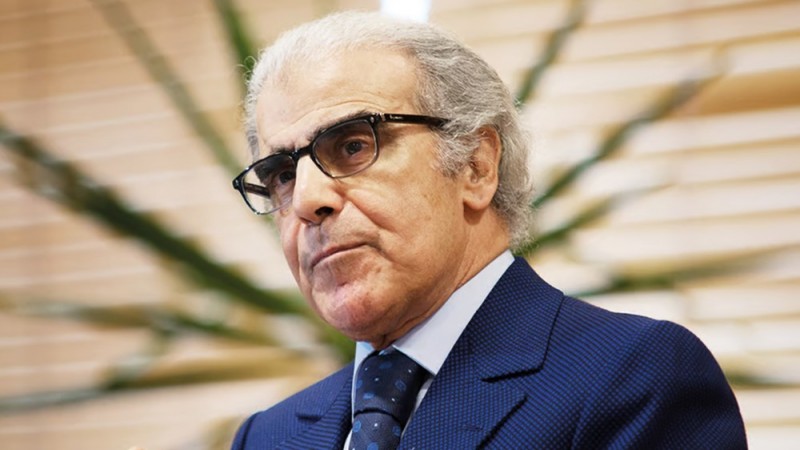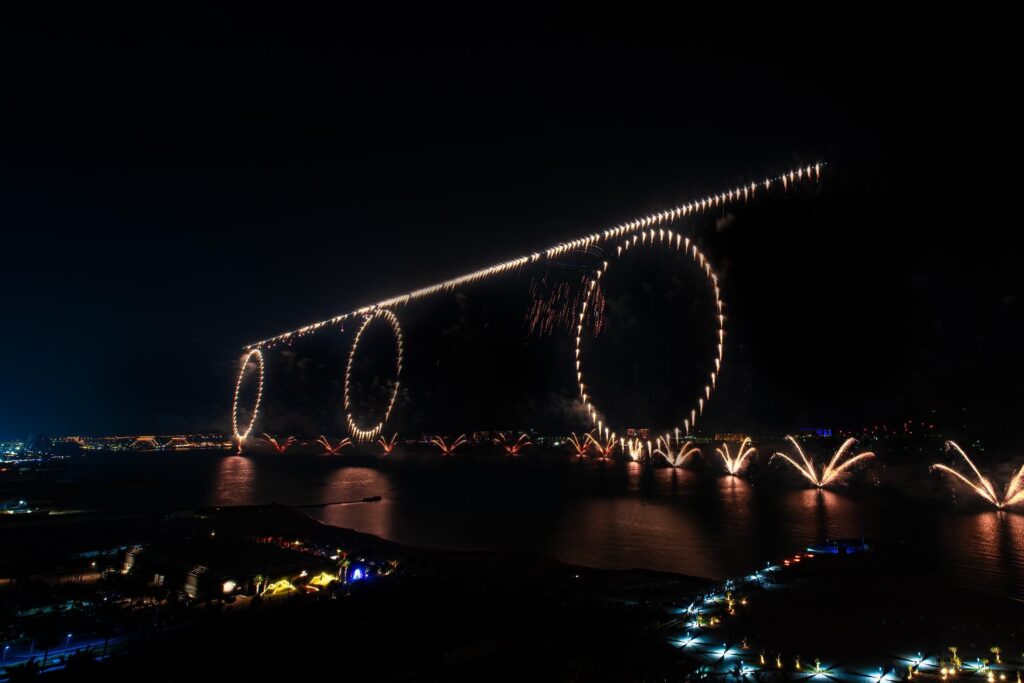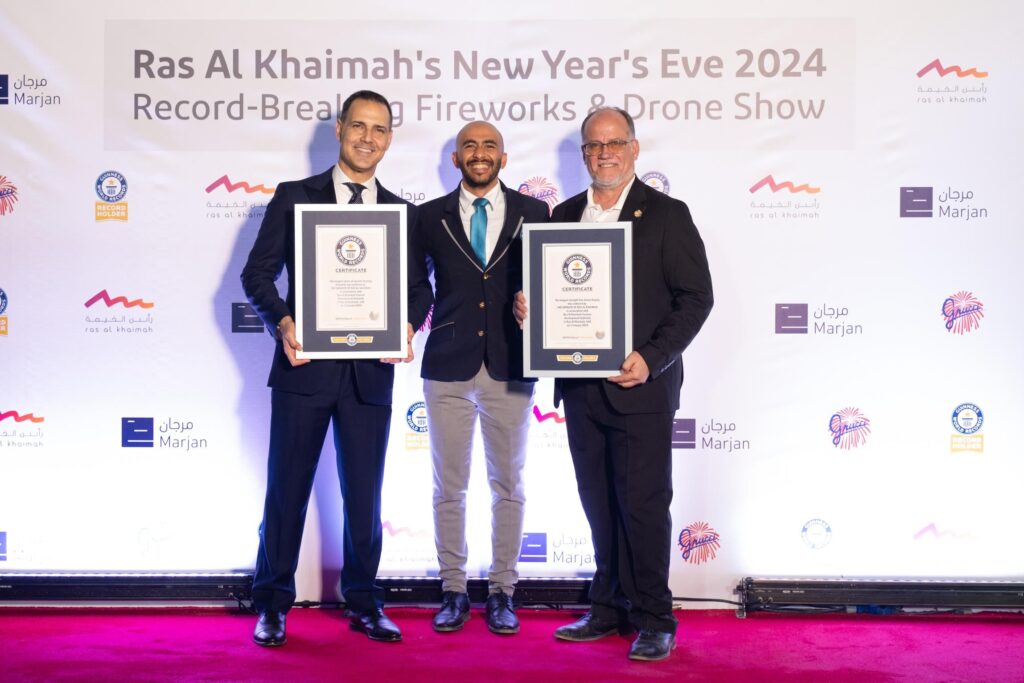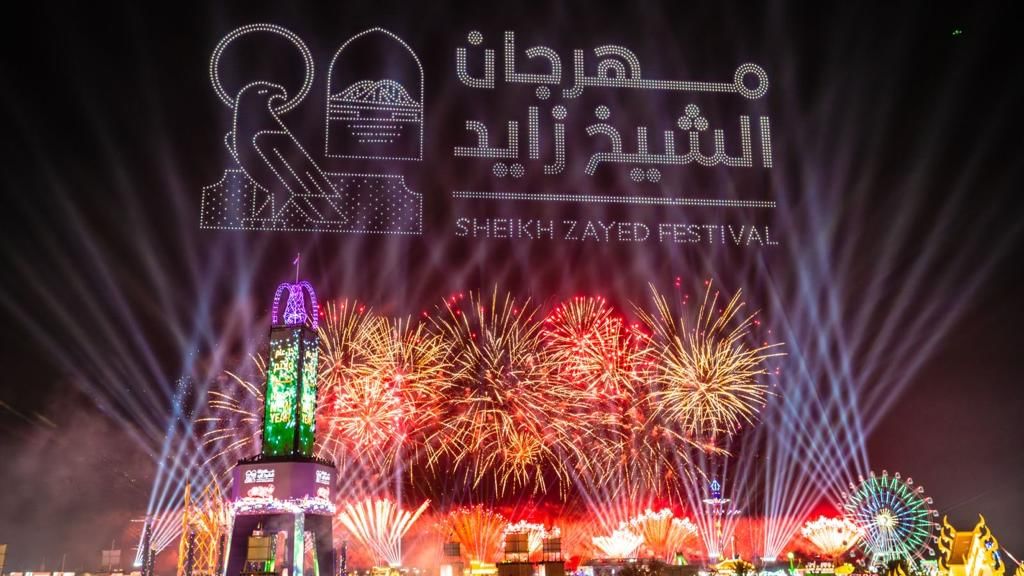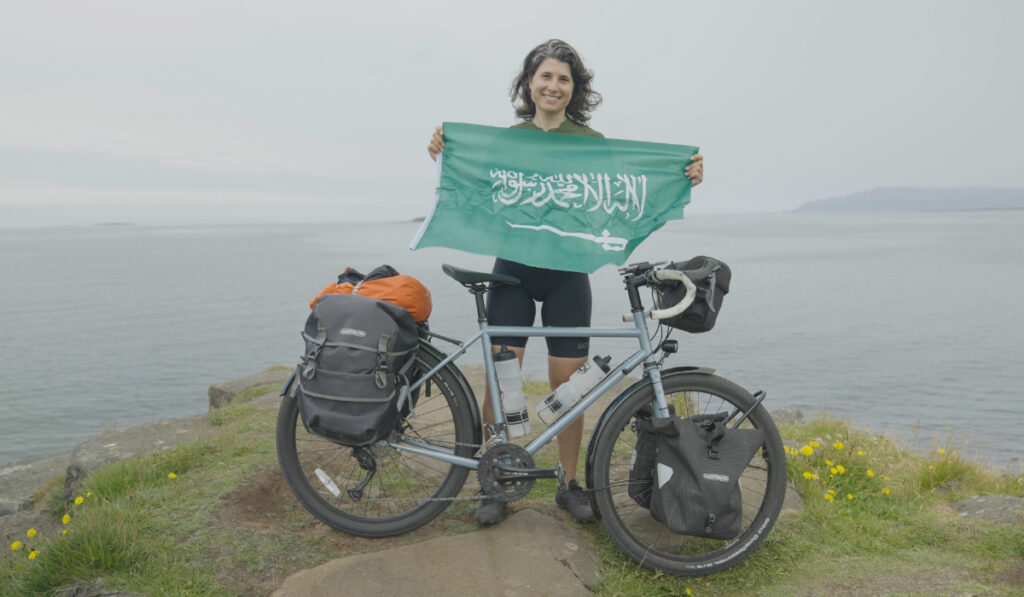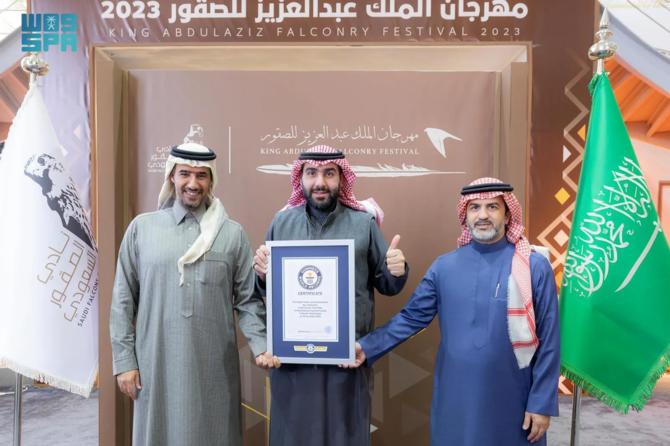Dr Hamada Elkady, executive director of Delta Farm, believes that the Egyptian desert has the potential to be a successful shrimp producing region.
Dr Elkady has been the executive director of Delta Farm – a tilapia and shrimp farm in Wadi El Natrun – since 2019.
Can you briefly describe your aquaculture career?
I obtained a doctorate and a master’s degree in aquaculture, but upon graduation, I worked as the production manager of the Al-Amana Feed Factory until 2013. Then I worked in tilapia farms for my family in Kafr El-Sheikh. I have been the director of Delta tilapia and shrimp farm in Wadi El Natrun since 2019.
What inspired you to become a shrimp farmer?
We were looking for an alternative to tilapia culture, and shrimp was the ideal solution. What helped us were the factors available at our Wadi El Natrun farm, such as the salinity of the water and the appropriate climate for vannamei shrimp culture.
What were the main challenges to overcome when you set the farm up?
The first aquaculture season there in 2019 was dedicated to Nile tilapia culture. We started trialling vannamei shrimp farming in 2021 in two ponds and the success of the trial was an incentive for us to convert more of the farm to shrimp production, and perhaps move purely to shrimp in the future.
A key challenge was to search for a place with a water source with a suitable salinity for aquaculture, which was also close to the markets. After that, the design of the farm itself, in order to save energy, adjust production intensity, improve feed conversion ratios and ensure the best waste disposal methods.
Can you provide as many details as possible about the scale, design and operation of the farm?
The total land area is 70 acres and includes nine 70 by 70 metre ponds lined with polyethylene, in addition to four 40 by 40 metre ponds used for rearing and nursery. The ponds are fed by groundwater from wells and we use the waste water in a hydroponic component, which produces crops that tolerate salt, such as alfalfa (Medicago sativa) and the Barhi date palm (Phoenix dactylifera ‘Barhi’) in the parts of the farm with no ponds.
How many tonnes does the farm currently produce per year?
Our production is mixed between tilapia and shrimp. There are three shrimp ponds with a production average of 2.6 tonnes of shrimp, with production sizes ranging from 30 to 40 shrimp per kilogram. There are also four nursery tanks each holding 100,000 shrimp larvae. The current year’s production consisted of one cycle of shrimp because we are still developing a plan to produce more than one cycle.
Meanwhile, we produce around 135 tonnes of tilapia from six ponds, selling them at sizes ranging from 250 to 350 grams.
What does a typical day’s work consist of on the farm?
Most of the day is split between the disposal of organic waste from the ponds, which we do three times, and feeding, which takes place four times. We also take samples to ensure that the water conditions are good.
Dr Elkady next to one of the shrimp ponds at Delta Farm
The farm has three shrimp ponds with a production average of 2.6 tonnes of shrimp, while six additional ponds produce around 135 tonnes of tilapia
What was the project’s original goal and what has been achieved so far?
The original goal was to produce high-quality fish in an area far from all sources of pollution and with the highest production rates. Next season, we aim to produce 10 tonnes of shrimp per acre, and then ramp this up until we reach optimal global production rates.
What are the most important factors for ensuring efficient shrimp production in a desert environment?
- The salinity level of the water source needs to be reasonable for shrimp culture, and the level of 20-30 ppt has the advantage of high feed conversion rates and low disease incidence.
- A sandy loam soil which retains water can save the cost of lining the ponds with polyethylene
- A reliable source of electricity to operate the aerators and pumps from the wells – solar energy can reduce costs.
- Trained workers and experience are required because aquaculture in the desert differs greatly from other climates.
What impact has the rising costs of inputs such as feeds had on you?
The rise in feed prices represents a major challenge but the price of shrimp is still high enough to make profits. However, it is harder to make profits from tilapia.
What regions and production systems have the most scope for shrimp farming growth in the coming years?
Promising production systems depend mainly on the type of surrounding environment and the availability of water, but in desert lands, intensive and semi-intensive systems – including biofloc and recirculation aquaculture systems (RAS) – are among the best options.
One of the most promising areas for aquaculture in Egypt is the Al Maghrah area in Matrouh Governorate, which is characterised by good soil, a suitable climate and a water source with suitable salinity.
How would you like your farm to develop in the coming years?
The most important part of our development plan is installing alternative energy sources, such as solar panels, and developing the nursery unit so that we can do more than one cycle of shrimp per season. We are also looking to cover the ponds with polytunnels.
source/content: thefishsite.com (headline edited)
__________

________
EGYPT
